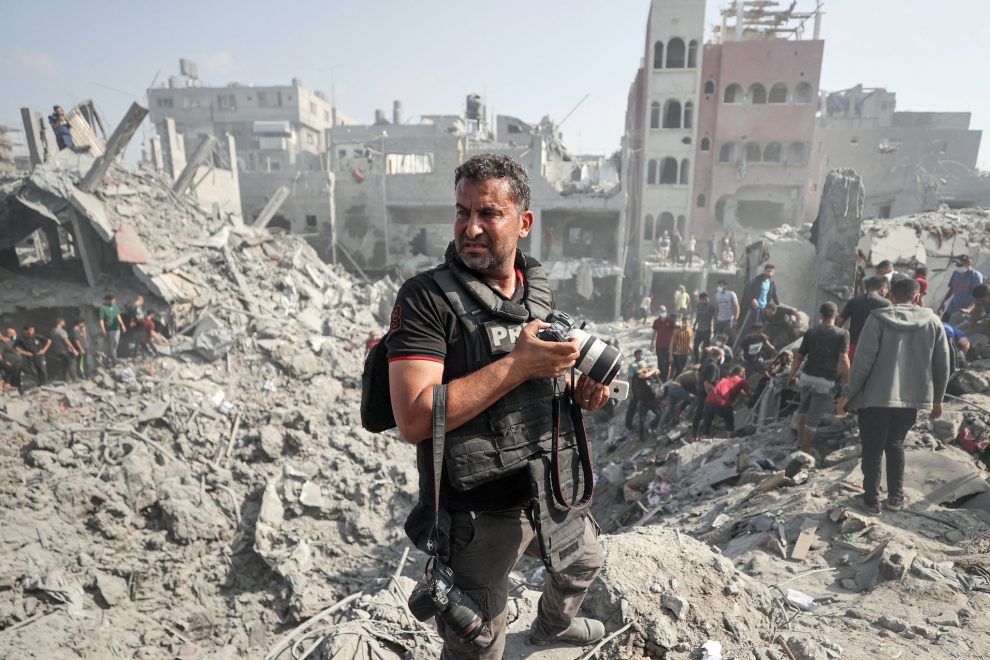In Gaza coverage, impartiality has become a no-win game — which may be the clearest sign a story needs telling
The BBC is back in the firing line — this time for pulling a documentary about Palestinian medics working through the war in Gaza. Gaza: Doctors Under Attack was commissioned over a year ago, fully fact-checked, and cleared for broadcast. But the BBC dropped it at the last minute, citing concerns about impartiality.
Cue the backlash. Accusations of censorship, cowardice, and political interference followed fast. Cultural figures, journalists and campaigners lined up to slam the BBC for silencing Gazan voices and disowning a film it originally endorsed. But had the programme aired, the outrage would likely have come from the opposite direction — with claims of anti-Israel bias, of platforming propaganda, or worse, of fuelling antisemitism.
That’s the paradox of modern impartiality. In an era of outrage and tribal loyalties, broadcasters are expected to be bold but cautious, fearless yet inoffensive. The BBC is told to challenge power, but punished when someone doesn’t like what it finds. It’s like asking a surgeon to operate blindfolded — precision is demanded, but the margin for error is zero.
Let’s not pretend otherwise: any reporting on Gaza will be seen as political. Because it is. There’s no such thing as a neutral warzone. Whether it’s about medics or missiles, hostages or hospitals, someone will cry bias. The BBC’s decision to pause this film while reviewing another Gaza documentary (narrated, reportedly, by someone with Hamas links) only made things messier. But it also showed the impossible balancing act the broadcaster faces.
I’ve been there myself. When I covered protests at the Penally asylum camp in Pembrokeshire, I gave footage to the BBC and other outlets. I was heckled by both sides — anti-immigration protesters and pro-refugee activists. Each accused me of bias because I didn’t echo their line. I reported what I saw: facts, not slogans. And in that moment, I realised — if both sides are angry, I’m probably doing it right.
When a journalist or newsroom is getting flak from every direction, chances are they’re over the target. Universal disapproval may be the last remaining marker of genuine impartiality. Perhaps that’s what the BBC — and the rest of us, whether local or global — need to embrace. Not to fear the outrage, but to accept it. Because sometimes, telling the truth means everyone gets upset.













